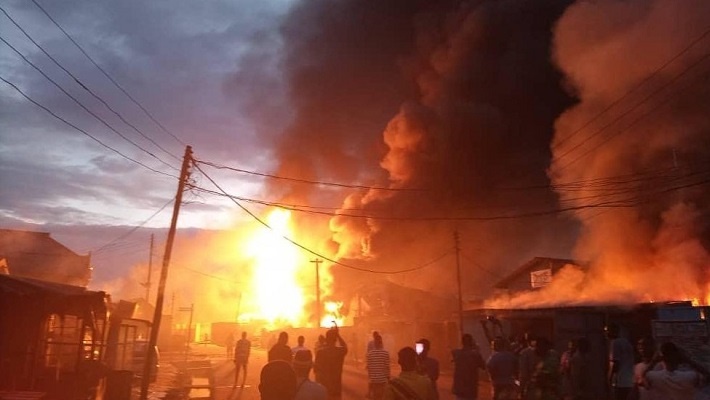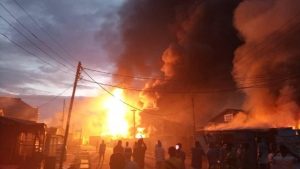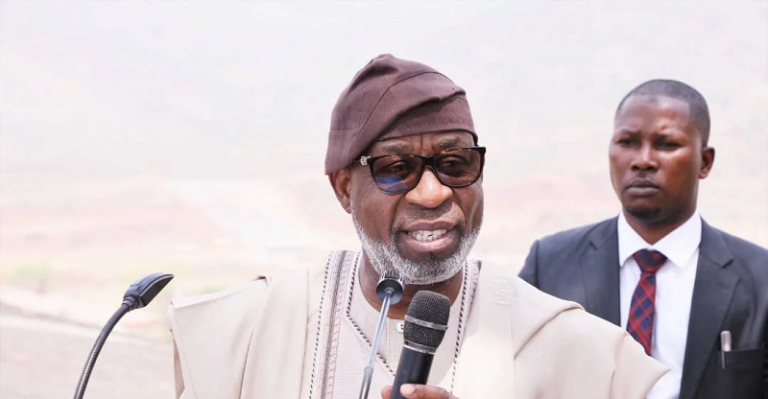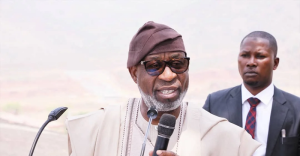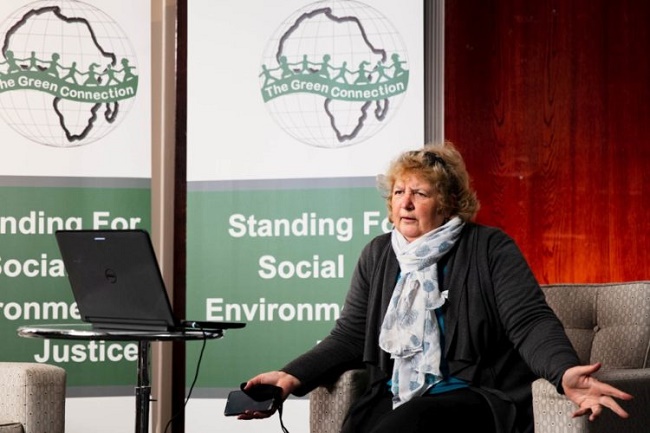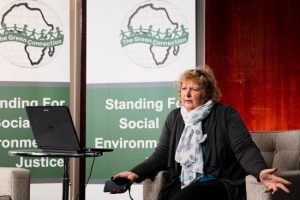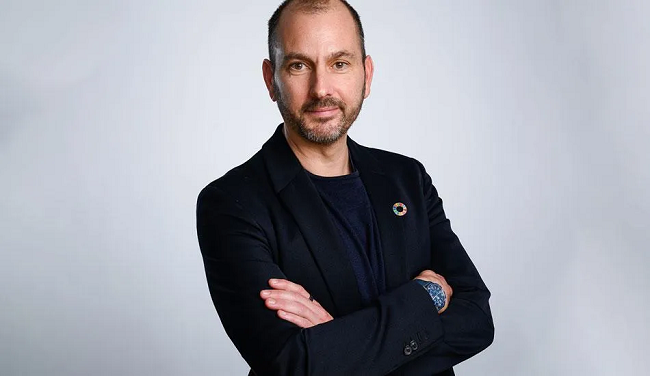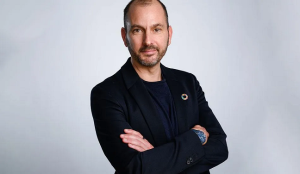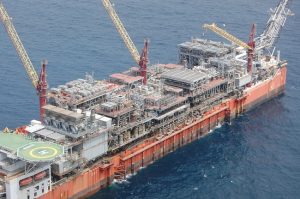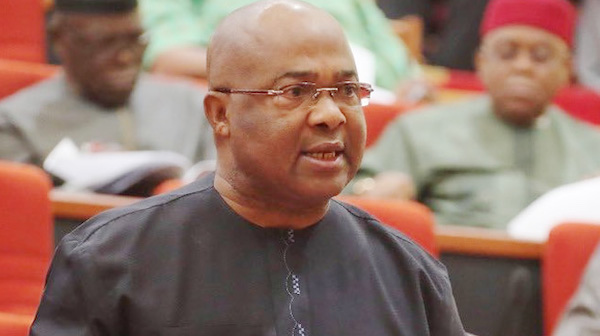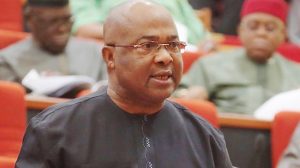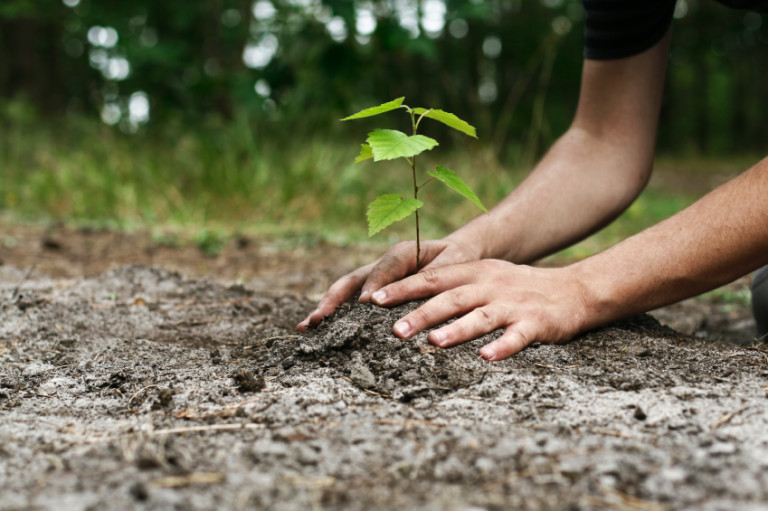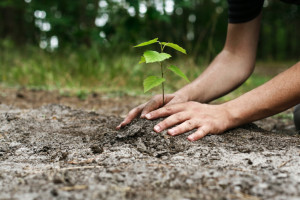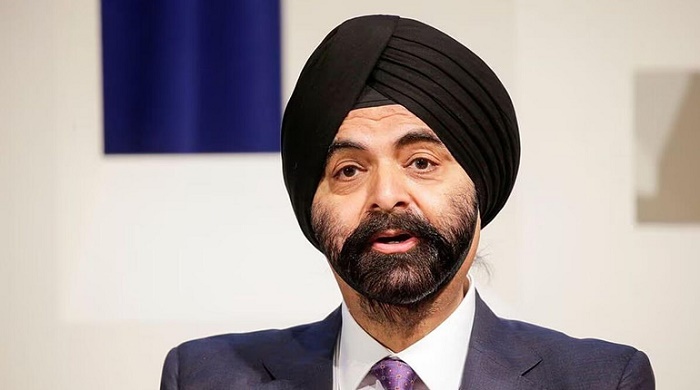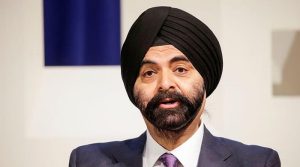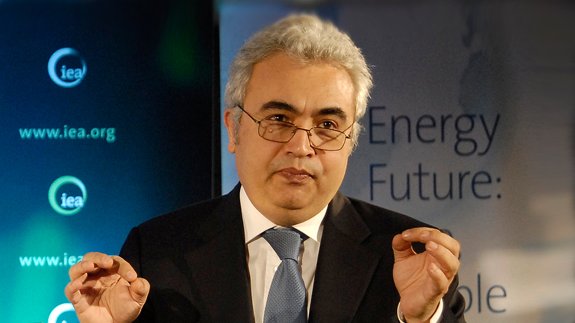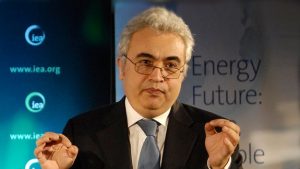The Elephant Protection Initiative (EPI), an alliance of 24 African countries with common policies on elephant conservation, has celebrated its 10th anniversary in Nairobi, Kenya, with the appointment of Nigeria’s former Minister of State for Environment, Sharon Ikeazor, as the chairperson of its Leadership Council.
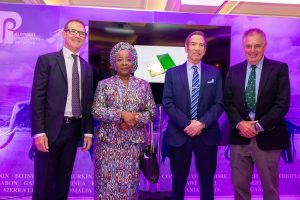
Speaking at the EPI’s celebration event, Ikeazor said: “It is an honour for me to be assuming this position. The EPI has made enormous strides as an African-led elephant conservation alliance, and I am delighted to have the opportunity to steer it towards further progress.”
The EPI’s Leadership Council is a group of eminent Africans, including a former president of Botswana, prime minister of Ethiopia, and first lady of Kenya, which gives advice and counsel to the EPI’s secretariat, known as the EPI Foundation.
In announcing her appointment, the CEO of the EPI Foundation, John Scanlon AO, said: “Sharon Ikeazor is respected across Africa and beyond as a passionate and politically adept environmentalist. We are thrilled she’s joining us to help the EPI realise its long-term ambition of securing the future of Africa’s elephants and improving the livelihoods of its people.”
The EPI was formed in 2014, with an initial membership of five African countries, and has since grown rapidly to 24 countries, including Nigeria. Today the majority of Africa’s elephants; of both the forest and savannah; species are in EPI countries.
Ikeazor added: “EPI countries have made great progress in restricting the illegal ivory trade and reducing elephant poaching. In our second decade, our big challenges are to reduce human-elephant conflict and raise adequate financing to protect elephant habitats. If we can do that, we will also mitigate the impact of climate change and conserve broader biodiversity.”


